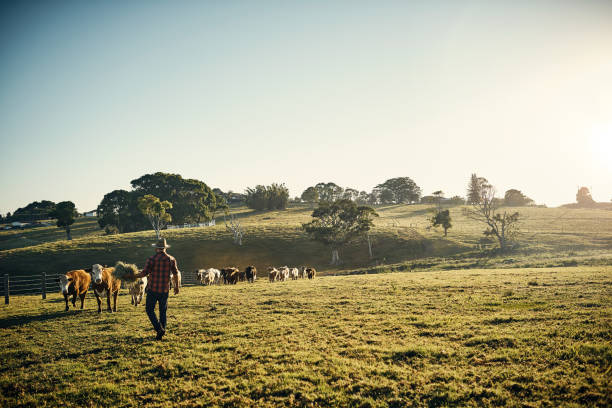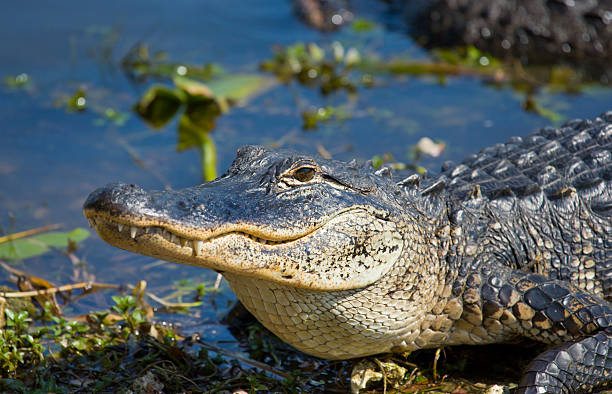Texas is a state known for its wide-open spaces, rugged cowboy culture, and, of course, a few laws that make you do a double take. While most people associate Texas law with its stance on guns, property rights, and business regulations, the state also has some of the most unusual animal laws in the country. Whether it’s about owning exotic pets, protecting livestock, or handling alligators in swimming pools (yes, that’s a real thing), Texas’ animal laws range from practical to downright bizarre.
For anyone living in or moving to the Lone Star State, understanding these laws is crucial. What animals can you legally own? What happens if a stray cow wanders onto your property? And why are there rules about camel racing? In this deep dive into Texas’ strangest animal laws, we explore the regulations that make you question how—and why—they came to exist.

Can You Keep a Tiger in Your Backyard? Exotic Pet Laws in Texas
Texas has one of the highest populations of privately owned big cats in the world. In fact, it’s estimated that there are more tigers in Texas than in the wild. Thanks to relaxed exotic pet laws, many Texans legally keep tigers, lions, and other large carnivores as pets. However, just because it’s legal doesn’t mean it’s simple.
State law requires exotic animal owners to register their pets, obtain proper permits, and follow strict safety regulations. This includes:
- Housing the animal in secure enclosures that meet state guidelines
- Carrying liability insurance in case the animal escapes
- Notifying local authorities about the presence of a dangerous animal
But here’s where things get weird: local laws can override state regulations. While Texas law allows big cats and other exotic pets, some counties and cities have banned them outright. This means you could legally own a tiger in one town but be breaking the law just a few miles down the road.
Perhaps even stranger—certain animals that might seem relatively harmless, like ferrets, are illegal in some Texas cities, while others allow them without restrictions. So, if you’re thinking about getting an unusual pet in Texas, checking both state and local laws is a must.
Alligators in the Pool? Texas Laws on Handling Wild Animals
Texas is home to a thriving population of American alligators, particularly in the eastern and coastal regions. While these prehistoric creatures generally stick to rivers, swamps, and lakes, it’s not uncommon for them to wander into people’s yards—or even their swimming pools.

But what should you do if you wake up to find an unexpected reptilian visitor in your backyard? Texas law makes it clear: do NOT take matters into your own hands.
Alligators are a protected species in Texas, and capturing, killing, or relocating them without a permit is illegal. The Texas Parks and Wildlife Department (TPWD) provides clear guidelines on how to handle alligator encounters:
- Do not feed the alligator. This makes them associate humans with food, increasing the danger.
- Do not attempt to move it yourself. Even small alligators can cause serious injury.
- Call a licensed wildlife removal specialist. Only authorized professionals can legally relocate an alligator.
Strangely enough, while handling an alligator without a permit can lead to fines, owning one as a pet is technically legal—as long as you have the proper permits and enclosures. That means you could be fined for touching an alligator in the wild but legally own one in your backyard under the right circumstances.
Stray Livestock: Who Owns the Cow on Your Property?
If you’ve spent any time driving through rural Texas, you’ve probably seen cows, horses, and other livestock roaming in open pastures. But what happens when a stray cow wanders onto your land? Texas has an entire legal system for handling wayward livestock.
Under Texas law, the “open range” rule means that in many rural areas, livestock owners are not required to keep their animals fenced in. That means if a cow wanders onto your property, you cannot legally keep it—but you also might not have much recourse to make the owner take responsibility unless local laws require fencing.
However, Texas also has a “stock law” system, which allows counties to override open range laws and require livestock owners to keep their animals contained. The catch? Not every county has stock laws, meaning that property owners have to know which rules apply in their area.
And if you hit a cow while driving? In open range counties, you might be the one held responsible for the accident—NOT the livestock owner. That’s why knowing your county’s livestock laws is crucial, especially in rural Texas.

Texas’ Surprisingly Strict Laws on Hunting and Wildlife Protection
Texas is known as a hunter’s paradise, but not all animals are fair game. While most people are familiar with common hunting restrictions, Texas has some unexpected rules that might catch even experienced hunters off guard.
For example, it is illegal to shoot a buffalo from the second floor of a hotel. While this might seem outdated, the law remains on the books from the days when roaming bison herds were common in Texas towns.
Another surprising restriction? No hunting from a moving vehicle—unless it’s a boat. While hunting from cars and planes is illegal, state law actually allows for hunting from boats in certain circumstances, particularly for waterfowl.
Texas also has strict regulations on endangered species, including rare birds, reptiles, and even insects. Killing or capturing a protected species—even accidentally—can result in heavy fines and legal trouble. That’s why hunters, fishermen, and even homeowners need to be aware of protected wildlife in their area.
Odd but True: Camel Racing and the Texas Animal Code
While Texas is famous for its cattle and horses, it also has a history of camel racing—and the state’s animal laws reflect that. In the 19th century, the U.S. military experimented with using camels as transport animals in the Texas desert. While the experiment ultimately failed, camels remained in the state, and racing them became a niche but popular pastime.
Today, while camel racing isn’t a widespread sport in Texas, laws remain on the books regulating it, particularly in terms of animal welfare and betting practices. It’s a rare example of a law outlasting the cultural trend that inspired it.
Texas is a state that embraces both its wild frontier past and its independent spirit, and its animal laws reflect that. Whether it’s rules about owning tigers, handling alligators, or dealing with free-roaming livestock, Texas law walks a fine line between personal freedom and public safety.
For homeowners, landowners, and animal lovers, understanding these laws is more than just a curiosity—it’s a necessity. Whether you’re thinking about buying an exotic pet, hunting in a new area, or just wondering what to do if a cow wanders into your yard, knowing the ins and outs of Texas animal laws can help you avoid legal trouble and make sense of some of the strangest regulations in the country.
So, if you ever wake up to find a gator in your pool, a stray camel in your backyard, or a neighbor’s cow on your lawn—just remember, Texas law has already thought of it.



